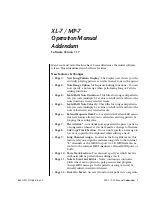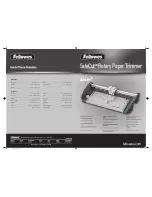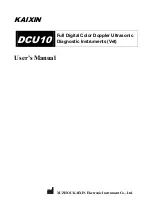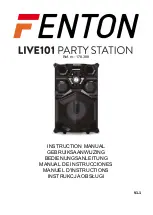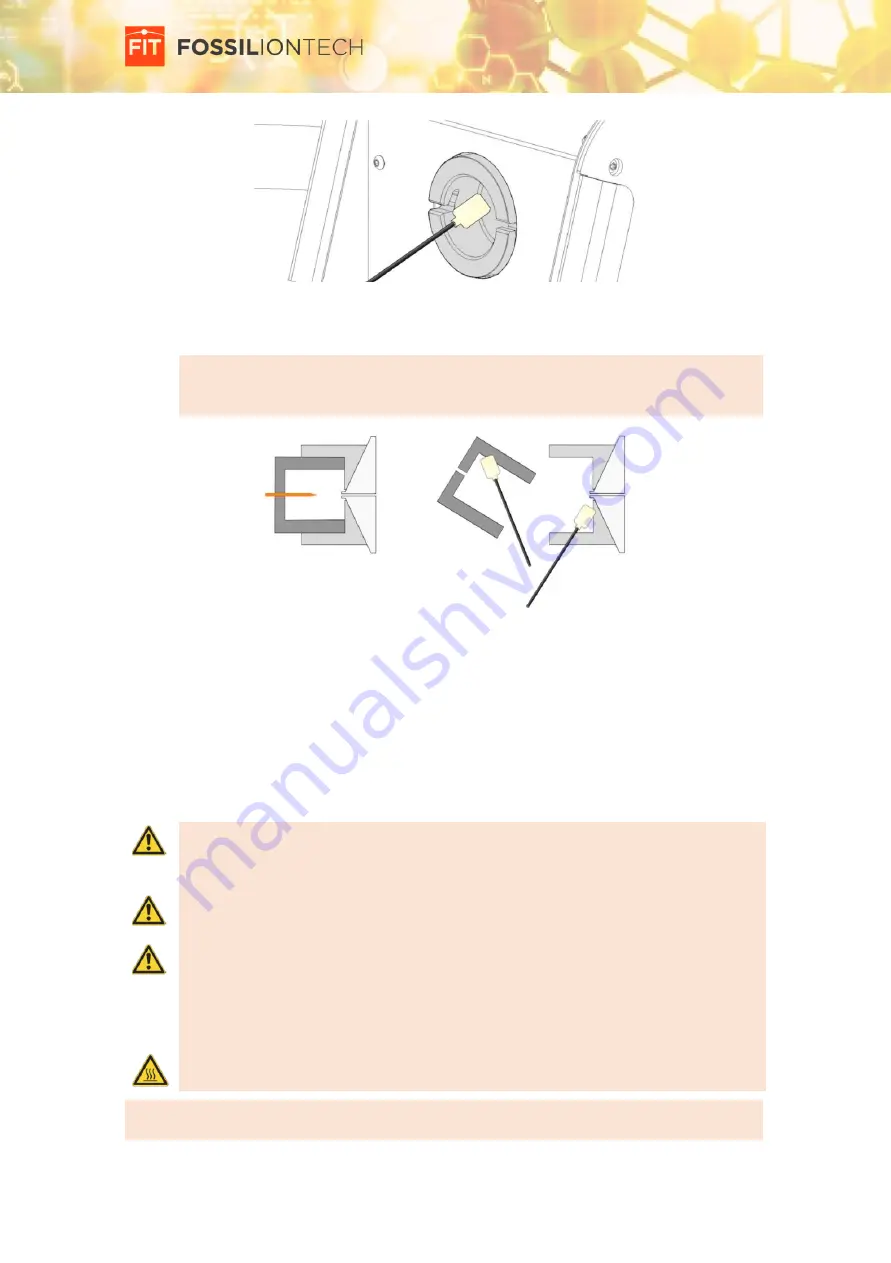
Page 30 of 34
SUPER SESI, by FIT
User manual, Revision 2.0
Figure 25. Cleaning the ionization chamber.
IMPORTANT NOTE
Do not immerse the electrospray probe handgrip in the bath. This
could damage the labels used to indicate the position of the silica capillary. After this
process dry the probe with N
2
.
Figure 26. Cleaning the ionization chamber and the electrospray probe
To clean the sample line, remove the electrospray probe from the ionization chamber, introduce
two Kimwipes in the ionization chamber, load a syringe of 10 ml with the solvents of choice*,
and inject 10 ml of the cleaning liquid through the inlet of the the sample line. The cleaning
liquid shall be collected by the Kimwipes in the ionization chamber. Replace the Kimwipe with
two new dry ones, and inject 10 ml. Repeat as much as it is required.
To clean the ionization chamber, use a cleaning swab or a Kimwipe soaked with the cleaning
liquid.
CAUTION
When cleaning the vapor path with cleaning liquid, the SUPER SESI must not
be connected to the mass spectrometer. Solvents entering accidentally in the mass
spectrometer could severely damage the instrument.
CAUTION
When cleaning the vapor path with cleaning liquid, the main power switch
must be in OFF position, and the power cord must be disconnected.
CAUTION
To introduce the cleaning liquid through the sample line, use a 10ml syringe
to ensure that the maximum amount of solvent that can be spilled into the SUPER SESI
is below 10 ml. If you spill the liquid or if you suspect that the liquid has been spilled
inside the control module of your SUPER SESI, wait for it to dry before continuing.
Spilling the liquid inside the control box of the SUPER SESI could damage it.
CAUTION
During this operation, the ionization chamber and the sample line must be at
room temperature. Wait for at least 30 min until all parts cooled down.
* INTERESTING NOTE
We recommend to use a sequence of these solvents:
MeOH (gradient grade) - H
2
O (HPLC)
–
MeOH (HPLC)

























